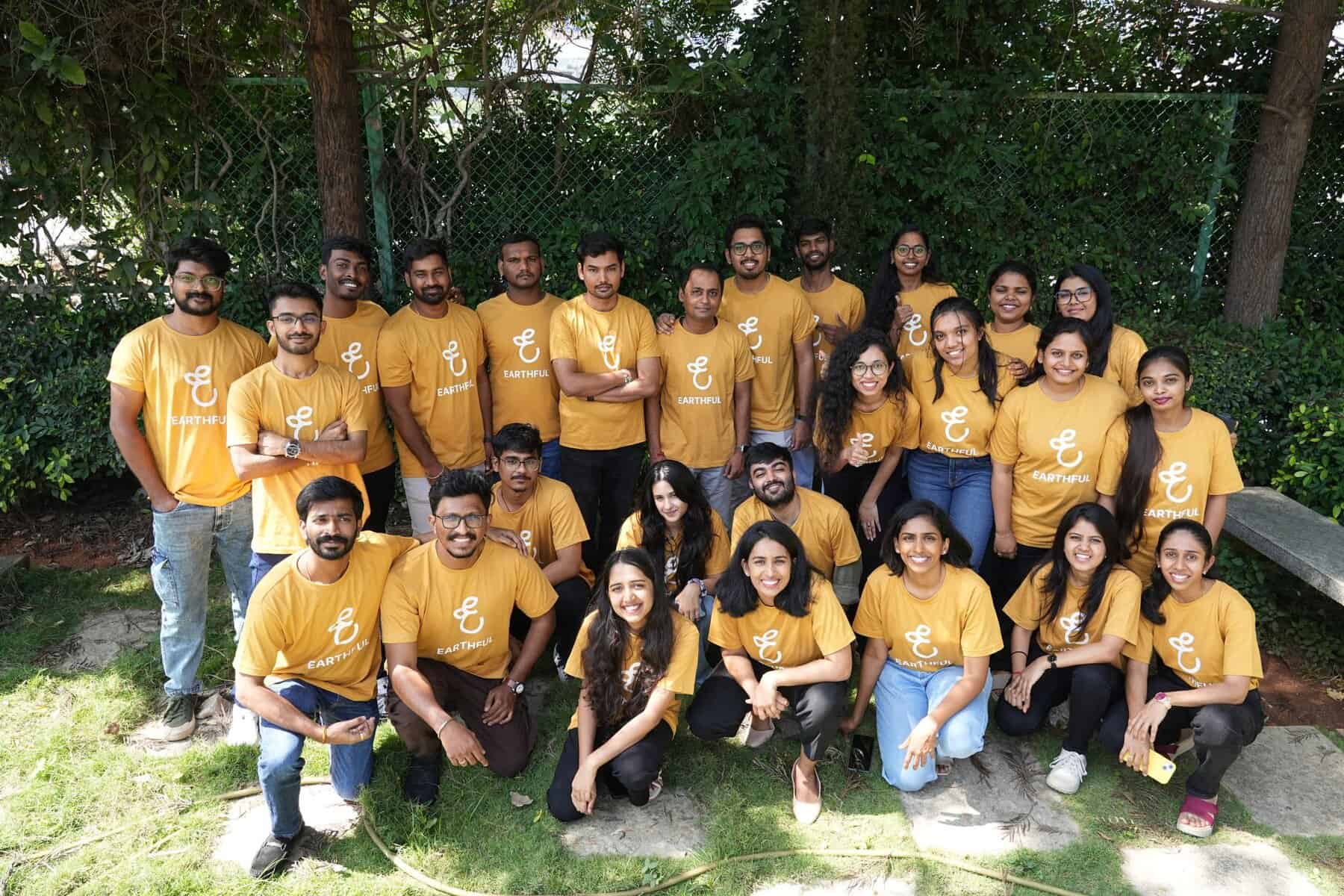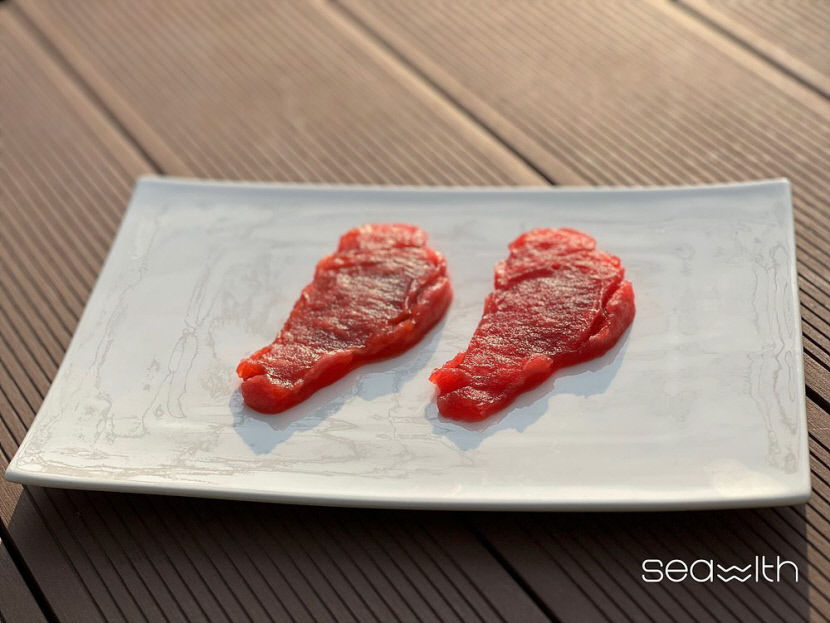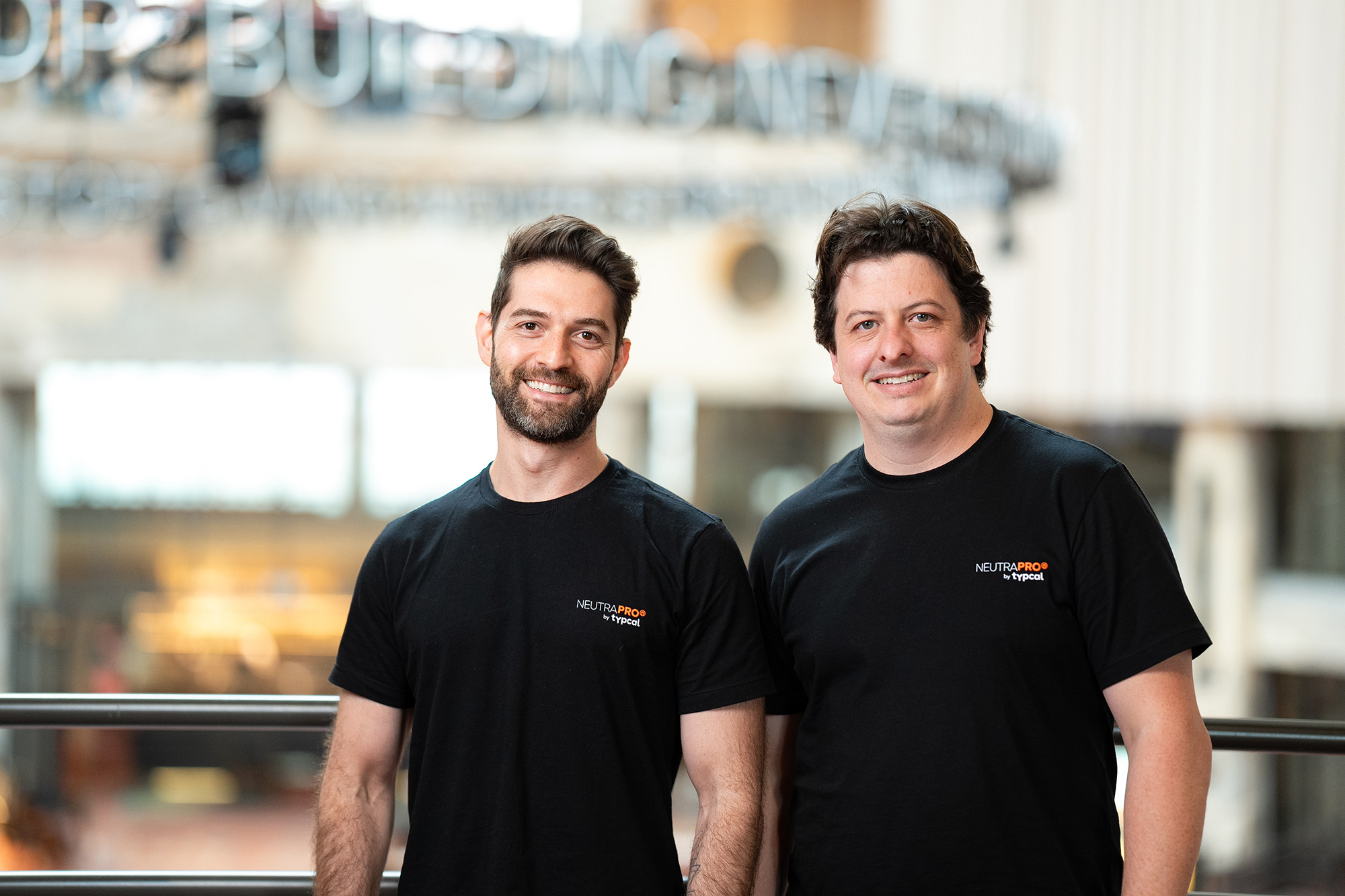

Food waste study: 18 billion animals a year die, but never end up on our plate
Each year, a staggering 18 billion chickens, turkeys, pigs, sheep, goats, and cows either die or are killed without making it onto someone's plate. Environmental scientists Juliane Klaura, Laura Scherer, and Gerard Breeman were the first to calculate this number on a global scale. "Reducing these numbers would not only prevent unnecessary animal suffering but also contribute to the fight against climate change."
A lot of our food ends up in a bin instead of on a plate. About a third of the food produced globally is lost or wasted. But never before has it been calculated how many animals die each year before ending up as food waste.

The researchers examined the worldwide production and consumption of six of the most common domesticated animals and calculated that 18 billion animals go to waste every year. That equals 52.4 million tons of bone-free, edible meat. That's roughly one-sixth of all the meat produced globally. The number, based on data provided by the United Nations, reflects the situation of 2019 to avoid the impact of the Covid-19 pandemic.
"The reasons for meat loss and waste vary," Klaura explained. "In developing countries, loss typically occurs at the beginning of the process, such as livestock dying due to diseases during raising or meat spoiling during storage or transportation."
In industrialized countries, most waste happens on the consumption side, with supermarkets overstocking, restaurants serving oversized portions, and households throwing out leftovers. It's in these countries that meat waste is the greatest. Klaura says, "The USA scores particularly bad, as does South Africa and Brazil. While in India, the average person only wastes a small amount of meat."
Through the study, Klaura aims to highlight the positive impact of reducing meat waste, both in terms of animal welfare and in the battle against climate change. According to UN data, 14.5% of all greenhouse gas emissions can be attributed to livestock, with beef being the greatest polluter. Klaura, alongside Laura Scherer and Gerard Breeman, also explored the consciousness and sentience of livestock. "Although animal suffering is harder to put into numbers and percentages."
The researcher warns there is no easy "one-size-fits-all" solution to tackle the huge loss of meat every year. "In developing countries, it will be more about improving the conditions for animals and the storage and transport of the meat. In Western countries, behavioral change is what will make a difference."
Klaura understands that the last part will not be easy. "People can get upset when it comes to dietary transitions," she said, referring to the situation in her native country, Germany. "They feel like something is taken from them." And because of the emotions it triggers, politicians struggle to come up with a rational response. Clarifying that billions of the animals killed each year don't even get eaten could be an important first push toward positive action."
If you have any questions or would like to get in touch with us, please email info@futureofproteinproduction.com






